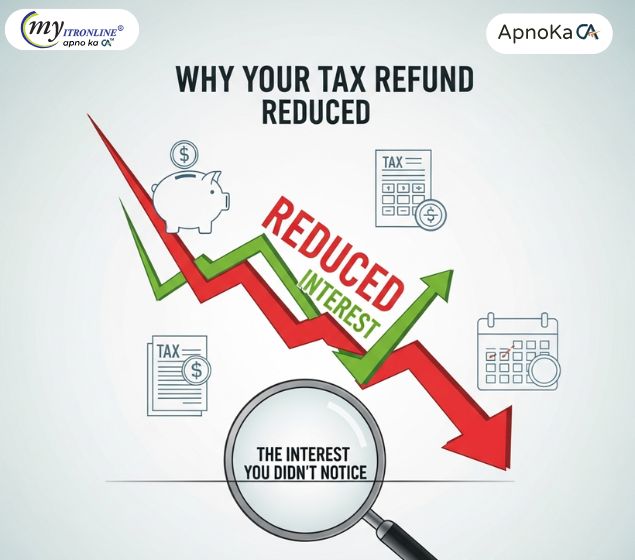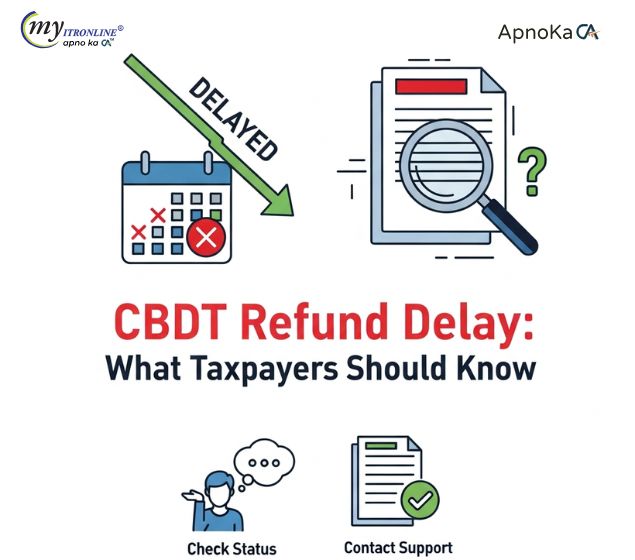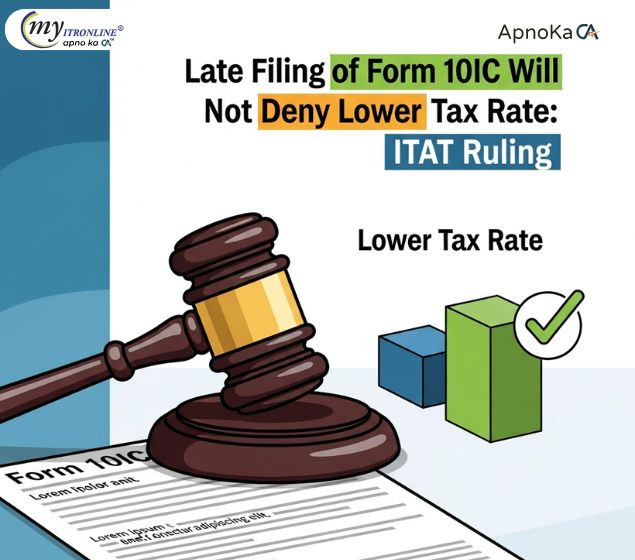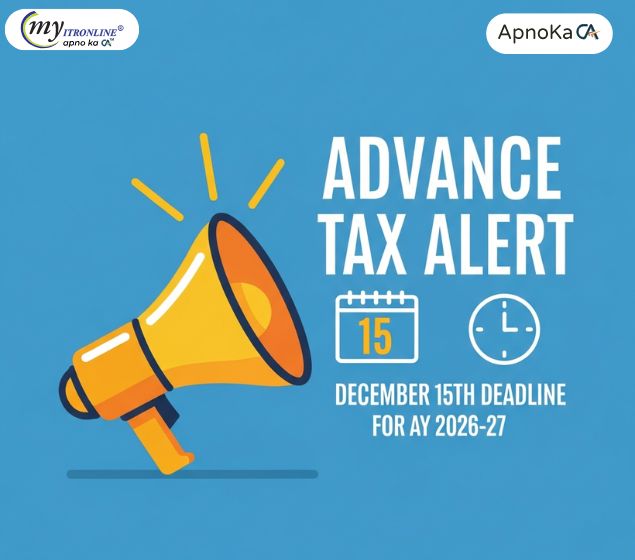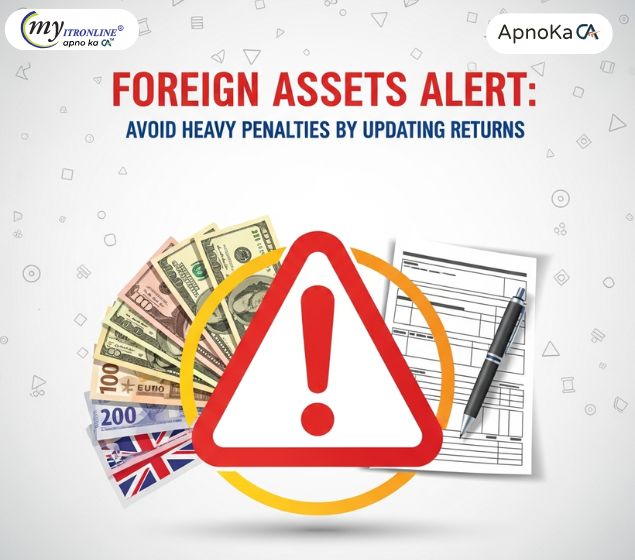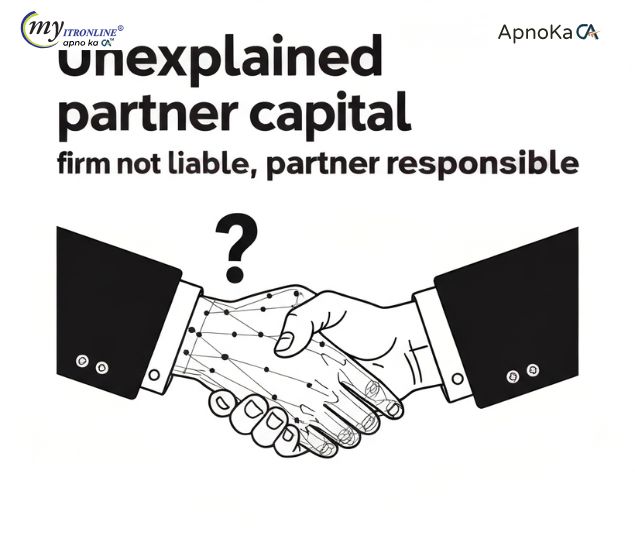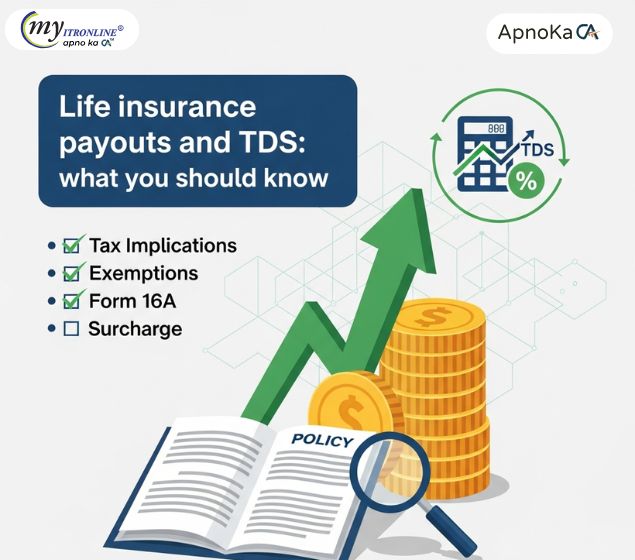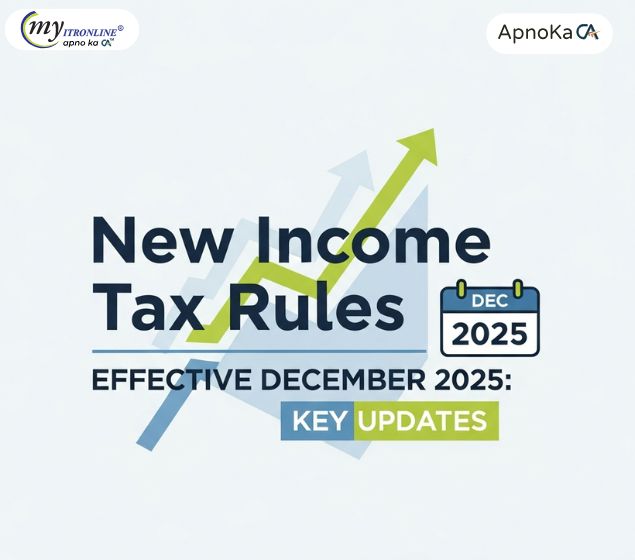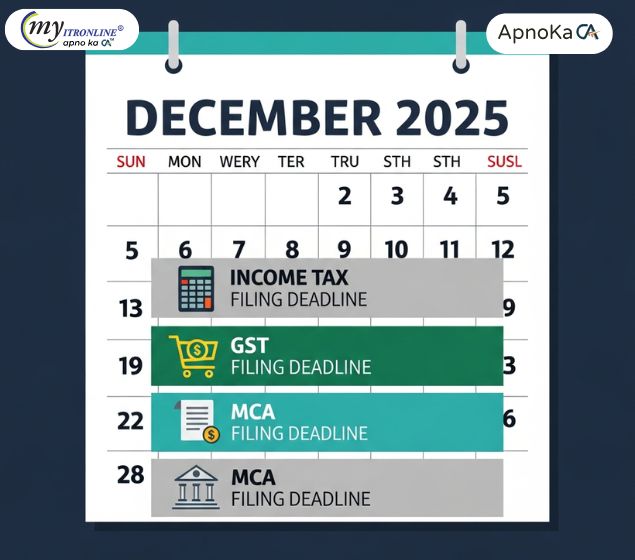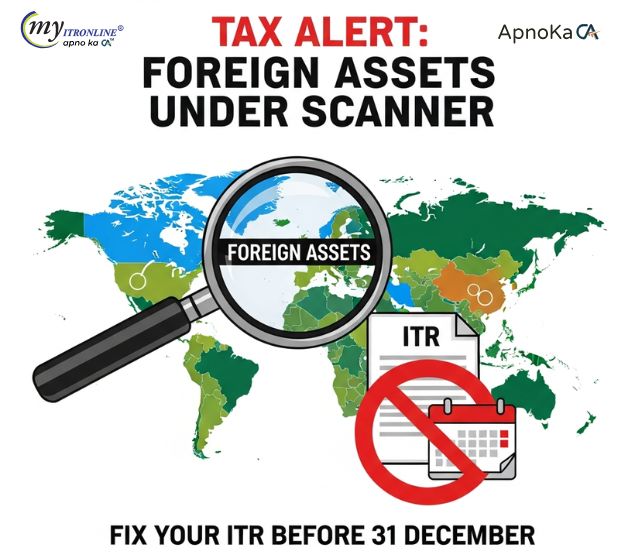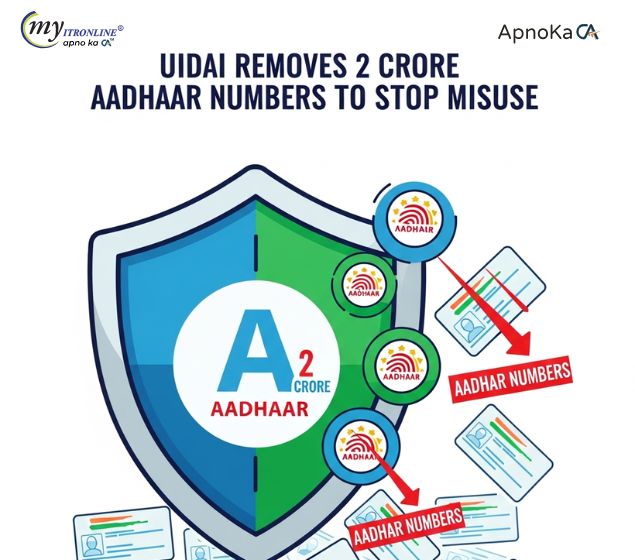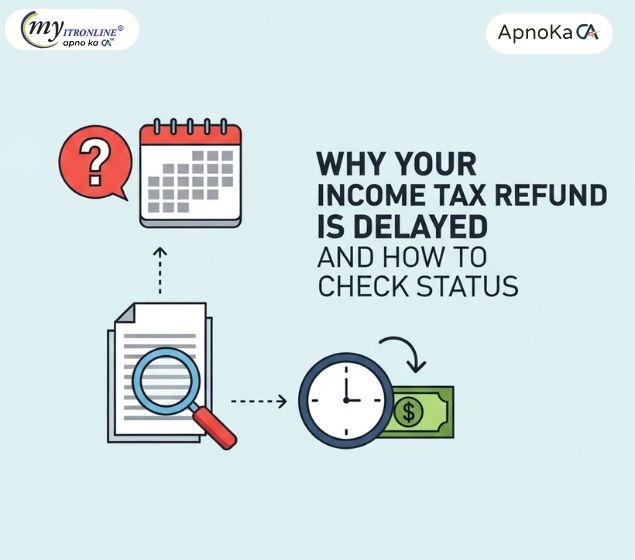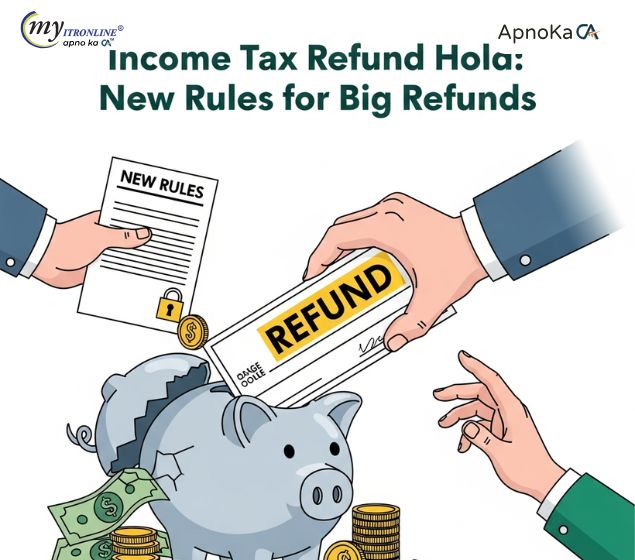The Complete Guide to Section 50C: Capital Gains Tax on Real Estate Deals
Property sellers are prohibited by Section 50C of the Income Tax Act from undervaluing real estate transactions in order to avoid paying taxes. If the stamp duty value is more than the real consideration, this clause treats it as the considered selling price. This blog offers a thorough explanation of Section 50C's operation, as well as its consequences for capital gains, exemptions, dispute settlement procedures, and the safe harbor limits that have been included in more recent modifications.
The Income Tax Act's Section 50C: A Complete Guide
When selling real estate, such as buildings or land, capital gains are calculated using Section 50C of the Income Tax Act of 1961. The clause was introduced to discourage tax evasion through undervaluation of property transactions. It guarantees that the consideration for sale stated at the time of property transfer is equal to or more than the stamp duty value set by the state government.
We'll examine Section 50C in-depth in this blog, including its provisions, ramifications, and how it impacts the computation of capital gains on the sale of real estate.
Section 50C: What is it?
The valuation of immovable property—land, buildings, or both—for the purpose of computing capital gains is covered under Section 50C. When a person or organization transfers property, the sale consideration might not always accurately represent the property's true market value because of things like underreporting the sale price. Section 50C states that in the case that the stamp duty value—also referred to as the circle rate or guideline value—is greater than the actual sale price, it will be regarded to be the sale value in order to avoid tax fraud through undervaluation.
Important Clauses in Section 50C
- Application: Capital assets that take the shape of buildings or land (or both) are covered under Section 50C. This is applicable in cases where the seller's claimed sale price is lower than the stamp duty value set by the government to impose stamp duty on real estate transactions.
Stamp Duty Value in Relation to Sale Consideration
For the purposes of computing capital gains, the stamp duty value—which is established by the local authority—is regarded as the "deemed sale value" if it is greater than the sale consideration.
- The sale consideration will be utilized to determine capital gains if the stamp duty value is less than or equal to it.
Conflict over Valuation and Referral to Valuation Officer
The taxpayer may contest the valuation if they think the stamp duty value is greater than the property's true fair market value. After that, the Assessing Officer may send the case to a Valuation Officer in order to obtain a fair market value estimate for the property. Capital gains will be computed using the valuation officer's determination of value.
Safe Harbour Limit
To help taxpayers, the Finance Act of 2020 established a safe harbour limit. For capital gains calculations, the real sale consideration shall be used as the sale value if the difference between the sale consideration and the stamp duty value is less than 10% (20% in some cases). This implies that Section 50C won't be activated by slight variations in the sale consideration and stamp duty value.
Special Rules for Agreements
The stamp duty value on the agreement date will be taken into account in lieu of the value on the date of the sale if the property transfer is based on an agreement to sell and the payment is made by account payee check, draft, or electronic clearing system on or before the agreement date.
Recognizing the Section 50C Capital Gains Concept
Profits or gains from the sale of a capital asset are referred to as capital gains. The cost of purchase and improvement is deducted from the sale consideration when calculating capital gains on immovable property.
Even if the real selling price is less in situations where Section 50C is applicable, the stamp duty value becomes the presumed sale consideration. This leads to a larger capital gains tax liability for the seller.
Formula for Section 50C Capital Gains Calculation:
Capital Gains = Deemed Sale Consideration (stamp duty value) – Acquisition Cost – Improvement Cost – Transfer Expenses
A Case Study of Section 50C in Practice
To get a better understanding of how Section 50C operates, let's dissect an example.
Hypothesis: In 2024, Mr. Sharma sold a plot of property for ₹50 lakhs. According to the local administration, the land's stamp duty value was ₹65 lakhs.
- Real Sale Amount: ₹50 Lakhs
- Value of Stamp Duty: ₹65 lakhs
The stamp duty value of ₹65 lakhs will be used as the deemed sale value for calculating capital gains under Section 50C because it is greater than the sale consideration of ₹50 lakhs.
Calculation of Capital Gains:
If the cost of acquisition of the land was ₹20 lakhs, then the capital gains would be:
Gains on Capital = (Deemed Sale Value) ₹65 lakhs – (Acquiring Cost) ₹20 lakhs
Gains on Capital: ₹45 lakhs
Despite selling the land for ₹50 lakhs, Mr. Sharma will have to pay capital gains tax on ₹45 lakhs.
How to Contest the Value of Stamp Duty Under Section 50C
The following actions can be taken if the taxpayer thinks that the stamp duty value exceeds the fair market value:
- Appeal to the Assessing Officer: The taxpayer may file an appeal with the Assessing Officer to contest the stamp duty valuation.
- Referral to Valuation Officer: In order to ascertain the property's fair market value, the Assessing Officer may forward the case to a Valuation Officer. The capital gains will then be determined using the report from the valuation officer.
Result of the Valuation:
- The valuation officer's value will be taken into account for calculating capital gains if it is less than the stamp duty value.
- For the purpose of calculating capital gains, the stamp duty value will be used if the valuation officer's value is higher.
Section 50C Exemptions and Exceptions
- Exemptions for Land Used for Agriculture: If agricultural land is transferred outside of the designated boundaries of a municipality or other notified areas, Section 50C does not apply.
- 10% safe harbor limit: (relief for minor differences) was introduced for property transactions by the Finance Act, 2020, as was previously mentioned. The Finance Act of 2021 further expanded this to 20% in some circumstances. The real sale consideration will be taken into account for calculating capital gains if the difference between the stamp duty value and the selling consideration is less than 10% (or 20%, if applicable).
Section 50C's Effects on Buyers and Sellers
For Sellers:
Section 50C ensures that sellers cannot underreport the sale value of their property to reduce their capital gains tax liability. The seller's tax burden may increase if a property is sold for less since the stamp duty value could be considered the transaction price.
For Purchasers:
Although Section 50C primarily affects sellers, it also has an indirect effect on purchasers. In the event that a buyer buys a property for less than the stamp duty value, Section 56(2)(x) may apply, and the buyer may be required to pay tax on the difference between the purchase price and the stamp duty value.
In Summary
In order to guarantee that real estate transactions are assessed correctly and that the government gets its fair share of taxes, Section 50C is an essential provision in the Income Tax Act. It stops property sales from being undervalued, which stops tax avoidance.
To prevent surprises during tax assessments, taxpayers participating in the sale or purchase of immovable property must comprehend Section 50C. In order to make sure that all transactions are fairly valued and taxed, it's also critical to work with a tax consultant or other expert. If needed, you can also look into your options for appealing to a valuation officer.
In addition to protecting the government's revenue stream and providing a clear framework for taxpayers, Section 50C promotes an equitable tax system in India by guaranteeing openness and justice in property transactions.
FILING YOUR INCOME TAX RETURN F.Y 2024-25 (A.Y. 2025-2026) WITH MYITRONLINE
The income tax filing deadline is right around the corner. If you haven’t filed yet, do it today with Myitronline! Avoid last minute rush and file your tax return today on MYITRONLINE in Just 5 mins.(www.myitronline.com)
If you are looking for eCA assistance to file your income tax return/ GST, you can opt for MYITRONLINE eCA assisted plan starting
Upload Salary Individual Form-16
If you have any questions with filing your tax return, please reply to this mail. info@myitronline.com OR call 9971055886,8130309886.
Note-All the aforementioned information in the article is taken from authentic resources and has been published after moderation. Any change in the information other than fact must be believed as a human error. For queries mail us at marketing@myitronline.com
Krishna Gopal Varshney
An editor at apnokacaKrishna Gopal Varshney, Founder & CEO of Myitronline Global Services Private Limited at Delhi. A dedicated and tireless Expert Service Provider for the clients seeking tax filing assistance and all other essential requirements associated with Business/Professional establishment. Connect to us and let us give the Best Support to make you a Success. Visit our website for latest Business News and IT Updates.
Leave a reply
Your email address will not be published. Required fields are marked *Share this article
Krishna Gopal Varshney, Founder & CEO of Myitronline Global Services Private Limited at Delhi. A dedicated and tireless Expert Service Provider for the clients seeking tax filing assistance and all other essential requirements associated with Business/Professional establishment. Connect to us and let us give the Best Support to make you a Success. Visit our website for latest Business News and IT Updates.
View articles









